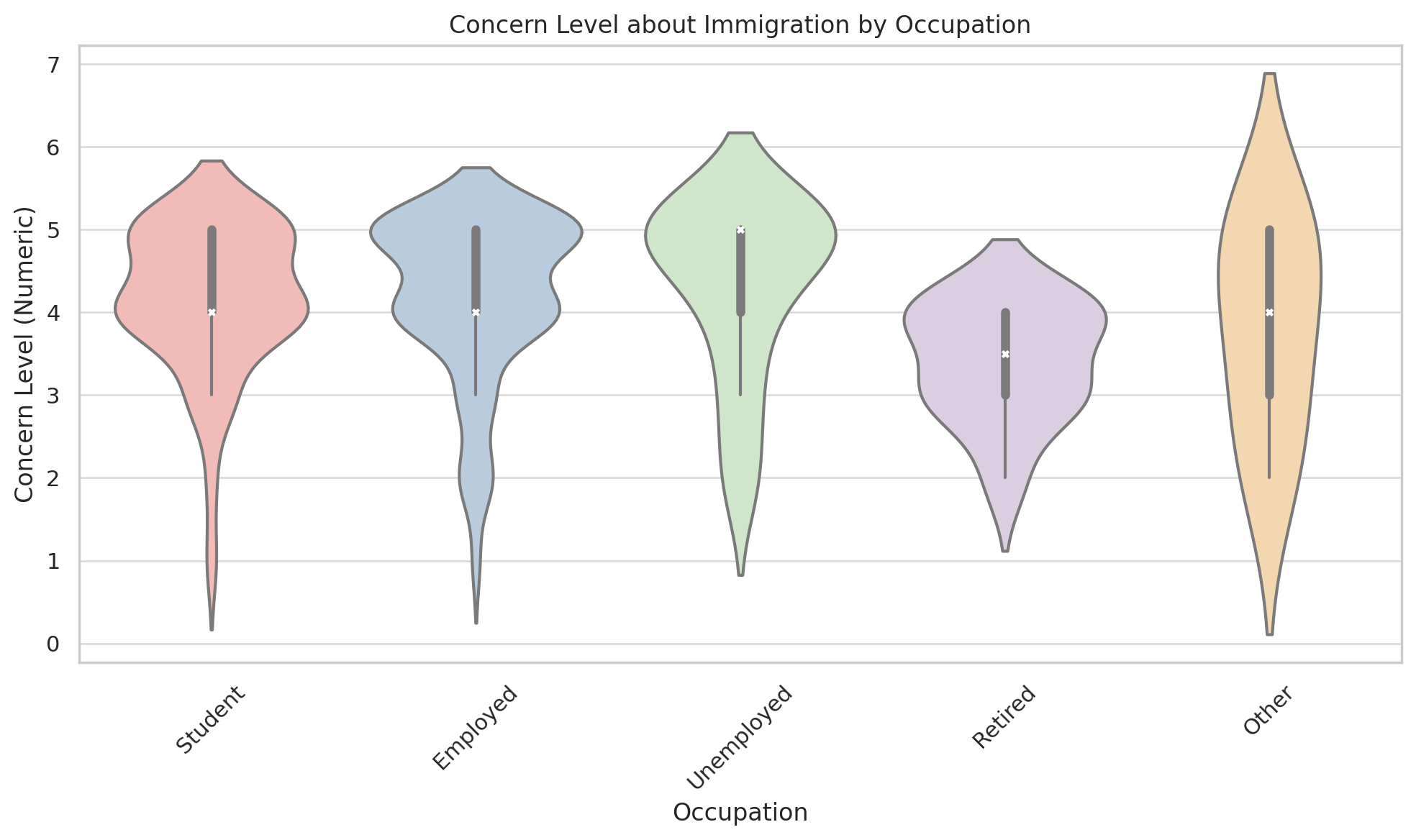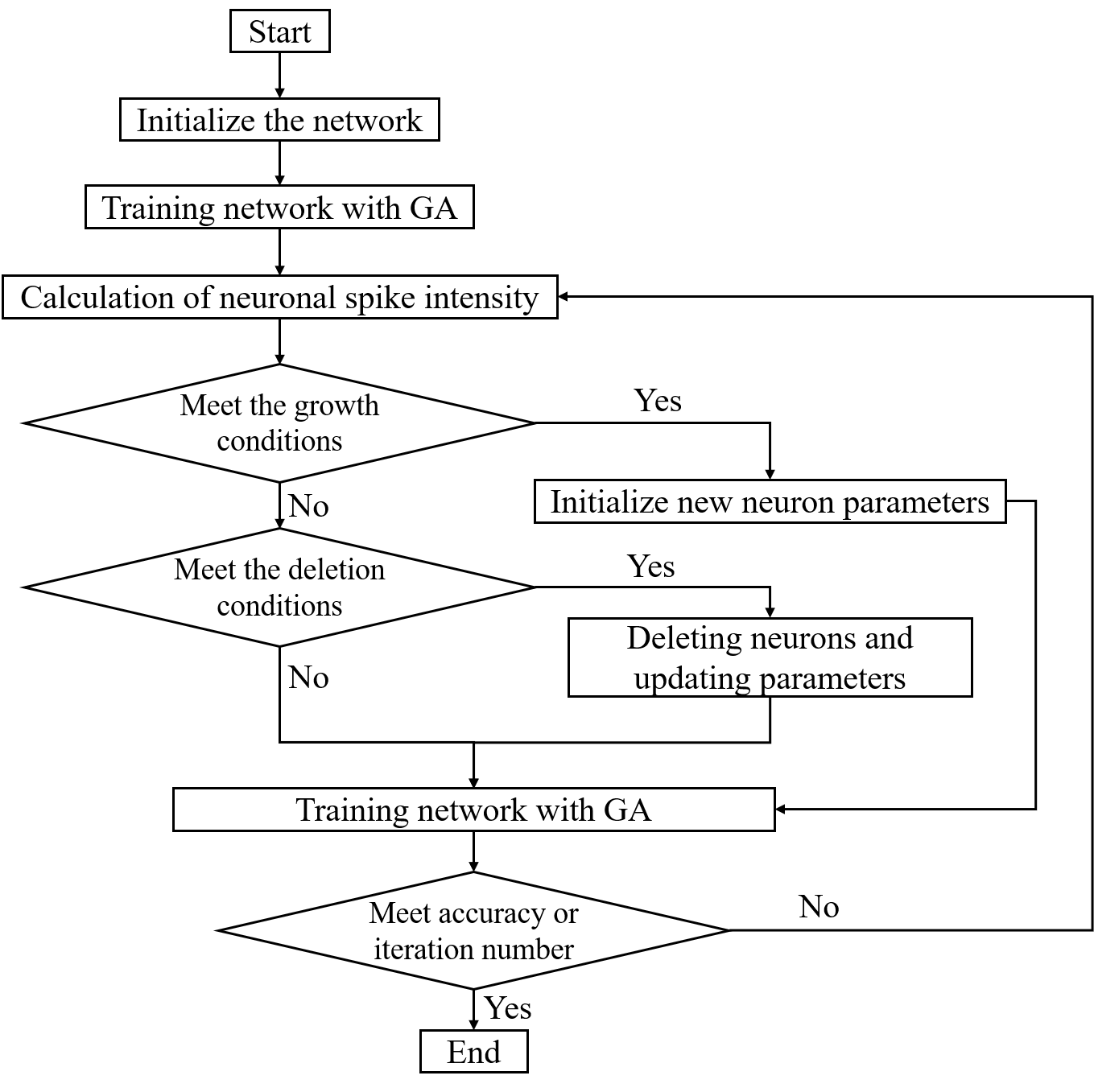 An open access journal
An open access journal
Artificial Intelligence in Healthcare: Transforming Diagnosis and Treatment
Abstract
Artificial Intelligence (AI) is revolutionizing healthcare by providing advanced tools for diagnosis, treatment, and patient care. This paper explores the significance of AI in healthcare, emphasizing its role in medical imaging, predictive analytics, and telemedicine. It delves into various aspects, including deep learning algorithms, electronic health records (EHRs), and virtual health assistants. The discussion includes the benefits of AI in healthcare, such as early disease detection, personalized treatment plans, and remote monitoring. Moreover, the paper addresses the challenges and considerations in implementing AI solutions in healthcare, including data privacy and regulatory compliance. Through a review of AI-driven healthcare applications and research, the study highlights the positive outcomes associated with the integration of AI in the medical field.
Share and Cite
Article Metrics
References
- Esteva, A., Kuprel, B., Novoa, R. A., Ko, J., Swetter, S. M., Blau, H. M., & Thrun, S. (2017). Dermatologist-level classification of skin cancer with deep neural networks. Nature, 542(7639), 115-118.
- Gulshan, V., Peng, L., Coram, M., Stumpe, M. C., Wu, D., Narayanaswamy, A., ... & Kim, R. (2016). Development and validation of a deep learning algorithm for detection of diabetic retinopathy in retinal fundus photographs. JAMA, 316(22), 2402-2410.
- Halamka, J. D., & Mandl, K. D. (2010). The Personal Health Record (PHR). BMJ, 341, c5815.
- Rajkomar, A., Dean, J., & Kohane, I. (2019). Machine learning in medicine. New England Journal of Medicine, 380(14), 1347-1358.
- Topol, E. J. (2019). High-performance medicine: The convergence of human and artificial intelligence. Nature Medicine, 25(1), 44-56.






